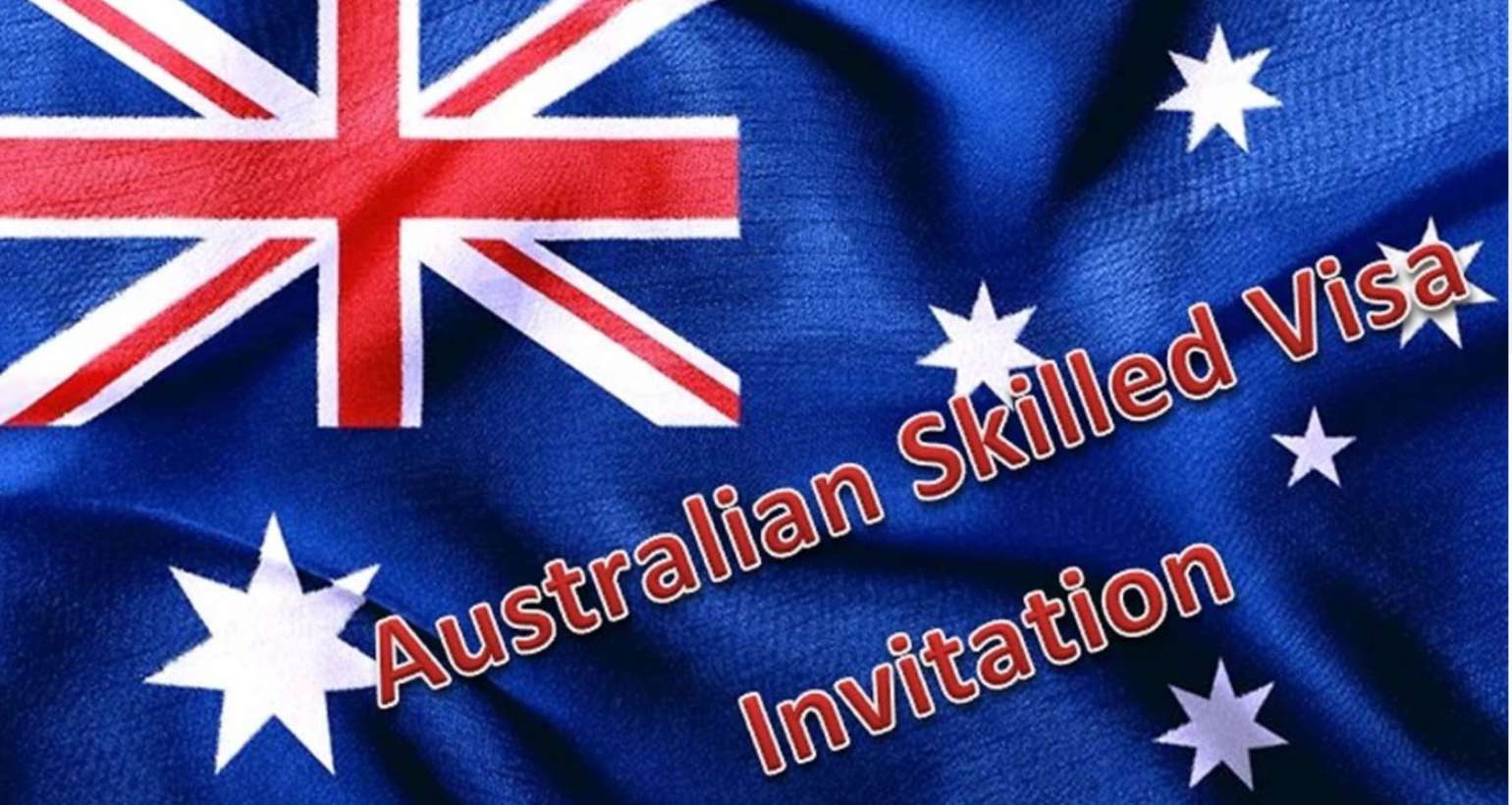The Dubai-based firm handles some of the most sensitive personal data held by dozens of governments around the world, including the bulk of UK visa applications – but it remains largely unknown
From its origins as a side project at the luxury Swiss travel group Kuoni in 2001, visa processing giant VFS Global has grown to be a $2.5bn company that remains largely unknown, is owned by a private equity fund — and yet handles some of the most sensitive personal held by dozens of governments around the world.
Formerly based in India but now headquartered in Dubai with offices in 147 countries, its scale is such that last year alone, VFS processed more than 25 million visa applications, often containing passport details and financial histories, on behalf of the Home Office and 61 other governments.
Investors in the outsourcing company include the Chinese and Abu Dhabi investment authorities, the Ohio Police and Fire Pension Fund, and yoghurt billionaire Theo Muller.
But while it has undoubtedly been a profitable success for founder and chief executive Zubin Karkaria, providing the public with transparency over its financial and tax operations does not appear to have been its highest priority.
Obtaining financial accounts from Dubai is not possible, while the rest of its corporate structure, which features entities in the Cayman Islands, Jersey and Luxembourg, is also complicated and opaque.
Karkaria, a 51 year old former travel executive from Mumbai, India, is the company’s main figure. VFS describes him as the “pioneer of the visa outsourcing model”.
In an interview with Forbes last year, he explained that he started VFS in 2001 while at Kuoni and after he had “persuaded the US government to pilot a scheme for Indian visa applicants to the US at its Mumbai embassy”.
In 2003, the company won its first contract with the British government: to administer visa applications made in India for entry to the UK.
Over the next few years it landed similar deals with other European governments including France and Germany.
In 2014 it won a major contract with the UK to administer around 70% of the UK’s visa applications.
This contract was a crucial step-change in how visa applicants could be squeezed for more money.
The deal mandated the provision of optional user-paid services such as “premium lounges”, courier return services and “super priority” visas.
Under the contract, obtained by Finance Uncovered through a Freedom of Information request, the Home Office pays VFS contract fees; it also shares the extra revenue derived by VFS from charging applicants these new premium services.
And the UK’s contract was not with “VFS Global”, but with VF Worldwide Holdings, a company registered in Mauritius – an African tax haven where obtaining useful annual corporate accounts is not possible.
The most recent financial records we could find for VF Worldwide Holdings are from 2009 when they were included as part of the filings for its then Indian parent company. They show the Mauritius entity was by far the most profitable subsidiary in the VFS group, reporting profits of £20m.
By comparison, its Indian parent company disclosed pretax profits of about £2.6m.
VF Worldwide Holdings, which relocated to Dubai in 2017, is now a key company for the group and has contracted with dozens of governments.
Procurement data shows that the UK government alone has paid it an estimated £150m since the start of its 2014 deal.
In 2016, Kuoni Group was bought by Swedish private equity firm EQT for $1.5bn.
Since then, VFS has seen extraordinary growth.
According to high level VFS holding company accounts filed in Luxembourg – a number of steps up the corporate chain from the Dubai entity – revenues increased 60% between 2016 and 2018.
The company reports that its growth has been driven by “higher value added service revenues”, meaning more applicants buying expensive premium services which lawyers say have led to the “commercialisation of life decisions”.
The most recent success for VFS came in 2018 when it landed another major deal, this time with the Canadian government.
Having recently sold off the less profitable businesses in the Kuoni Group, EQT is now rumoured to have put VFS up for sale at an estimated price of $2.5bn.
VFS’s response to our request for comment suggested that reports these reports were “based on market rumours”.
But the management’s outlook for the market it has pioneered is sunny. Their Luxembourg holding company – the catchily named Kiwi VFS Sub Sarl I – predicts that macro trends including “global concern regarding security threats, migration control and increased outsourcing trend by governments” will “further strengthen attractiveness of the visa outsourcing industry”.
An analysis of the Luxembourg accounts suggests that VFS’s shareholders have extracted CHF664.8m (£567m) via “distribution to owner” payments and writing off intercompany loans in the past two years.
The same accounts show the Luxembourg company paid CHF18.3m (£15.4m) in tax in 2018, an effective tax rate of 24.6%.
A VFS spokeswoman said: “VFS Global has been, since inception, a wholly-owned subsidiary of the Kuoni Travel Holding Ltd, headquartered in Zurich, Switzerland, and is a portfolio company of EQT. “Kuoni Travel Holding Ltd has merged its activities into VFS Global Investments Ltd in June 2018. The Swiss-based Kuoni and Hugentobler Foundation, established in 1957, still has a stake in VFS Global.
“VFS Global is a privately held company (see above). Financial numbers mentioned in your mail are speculative.”


